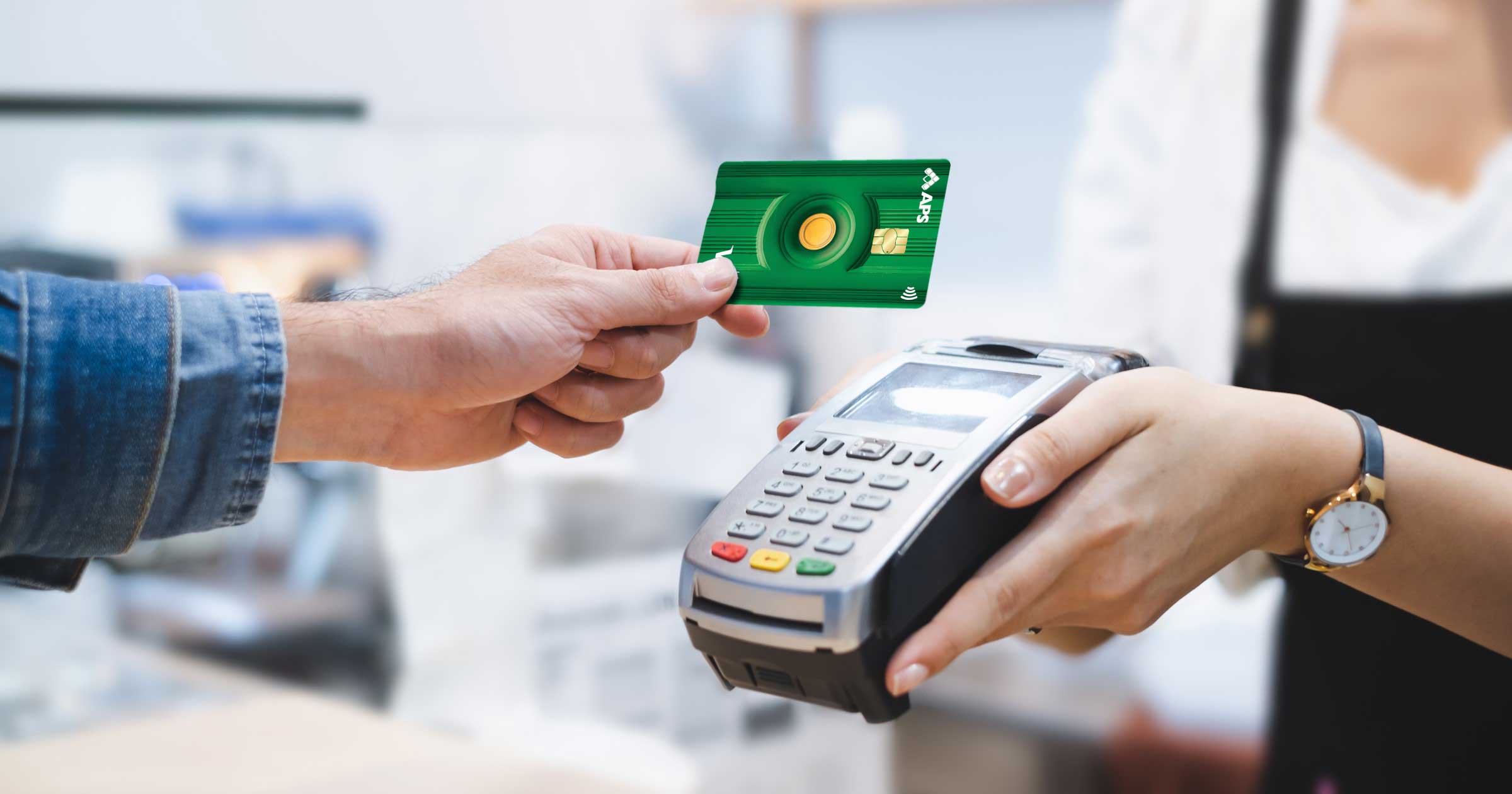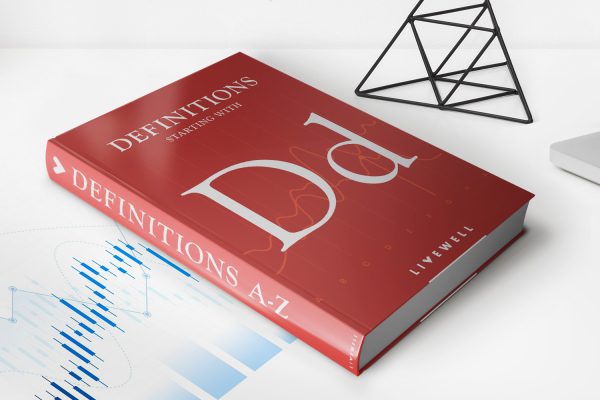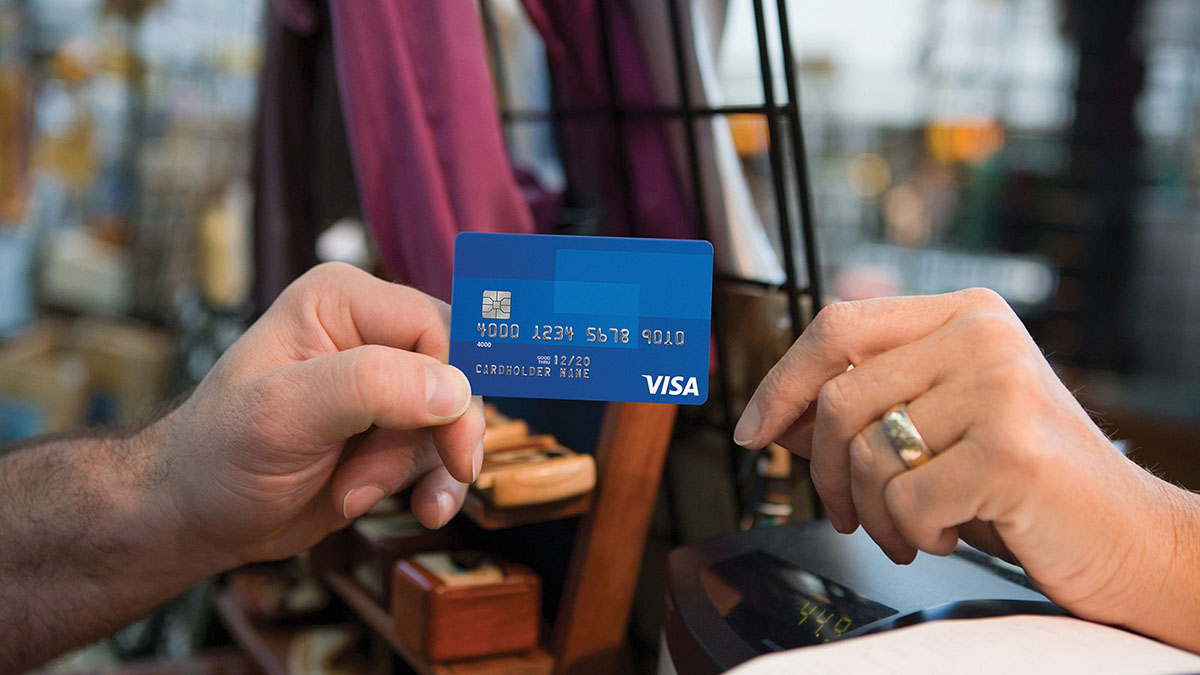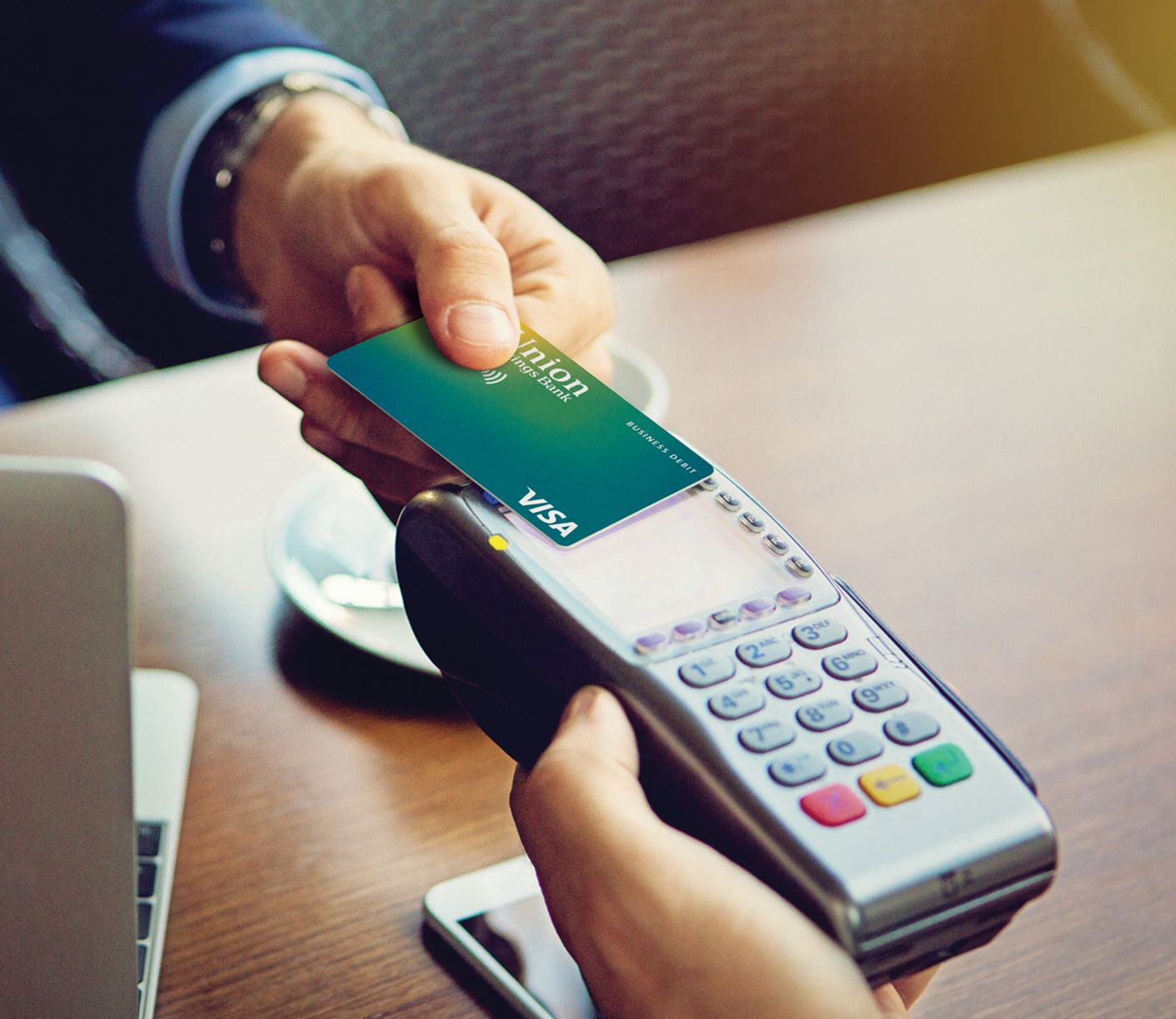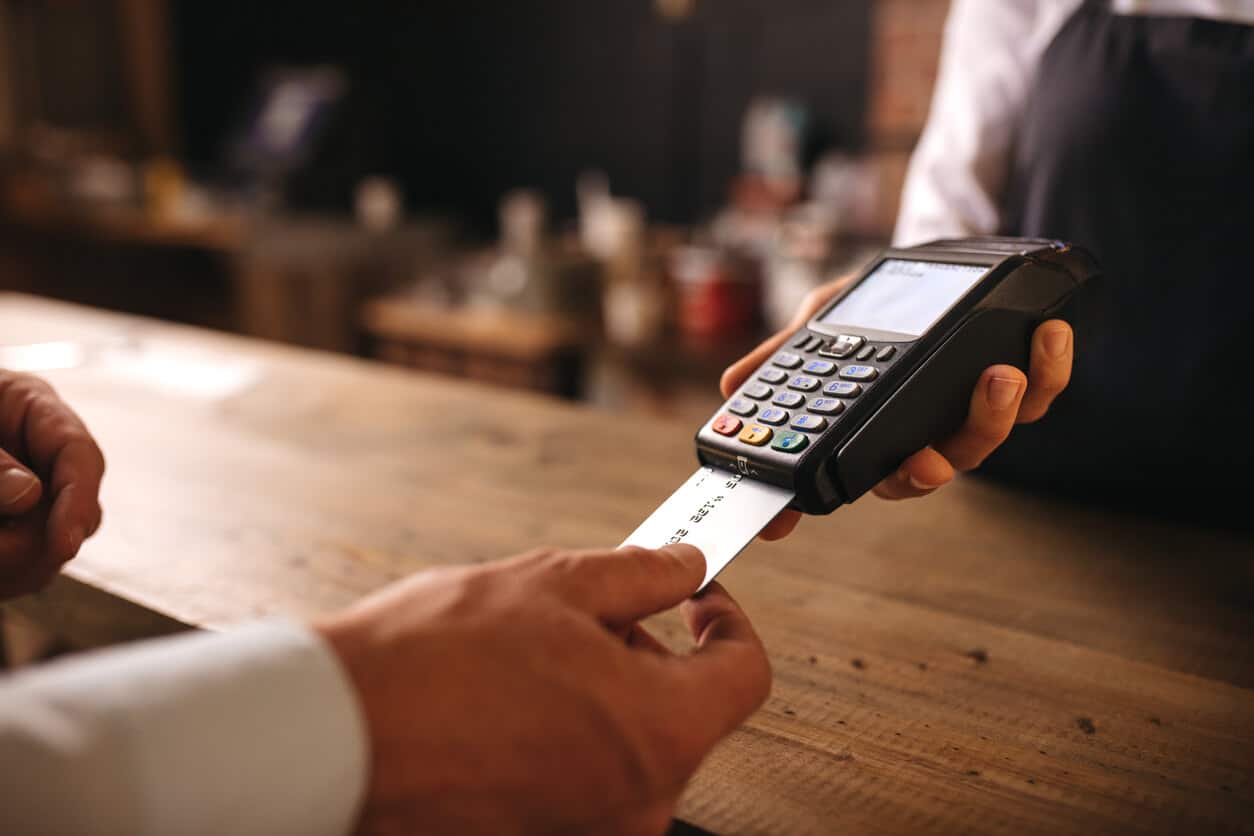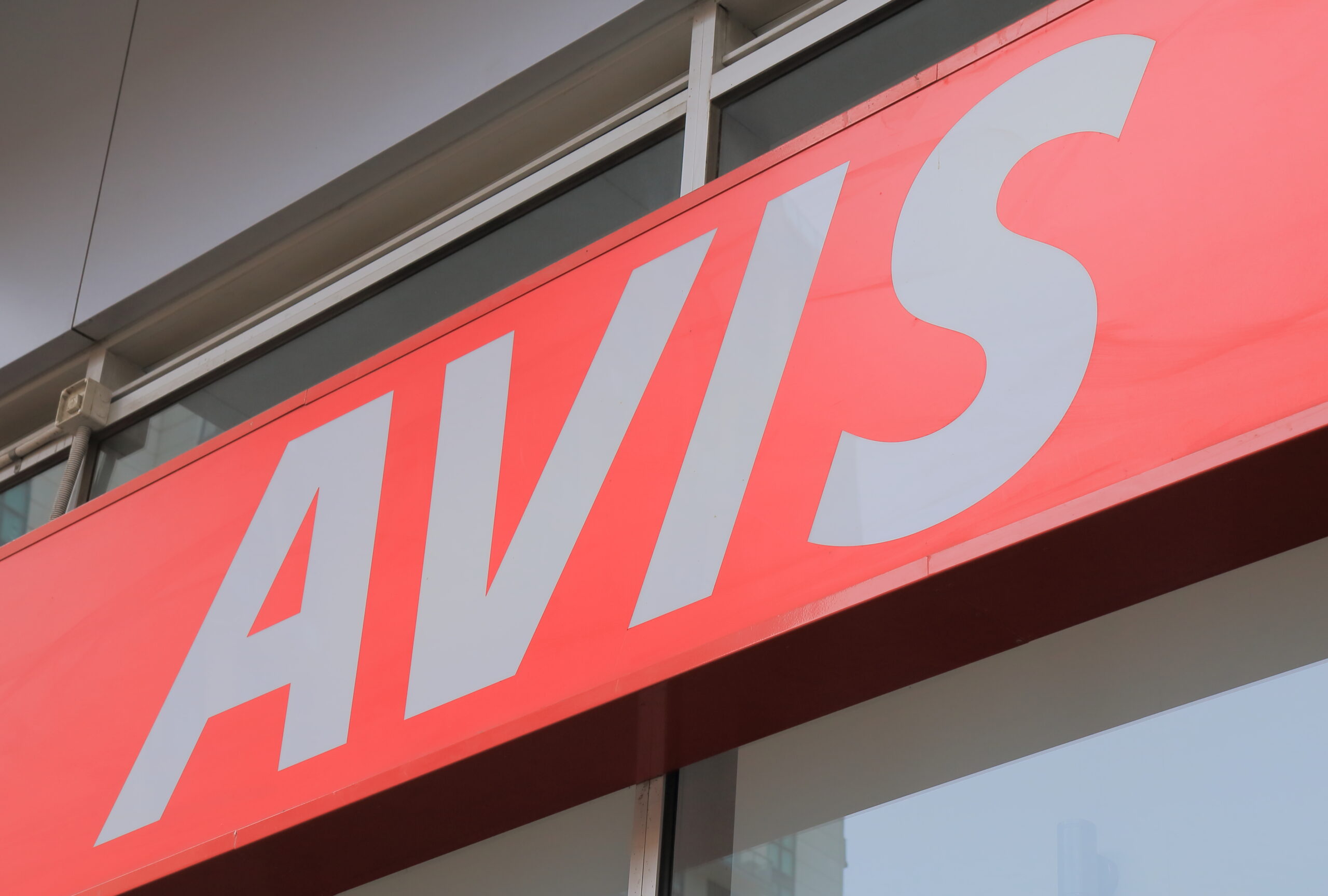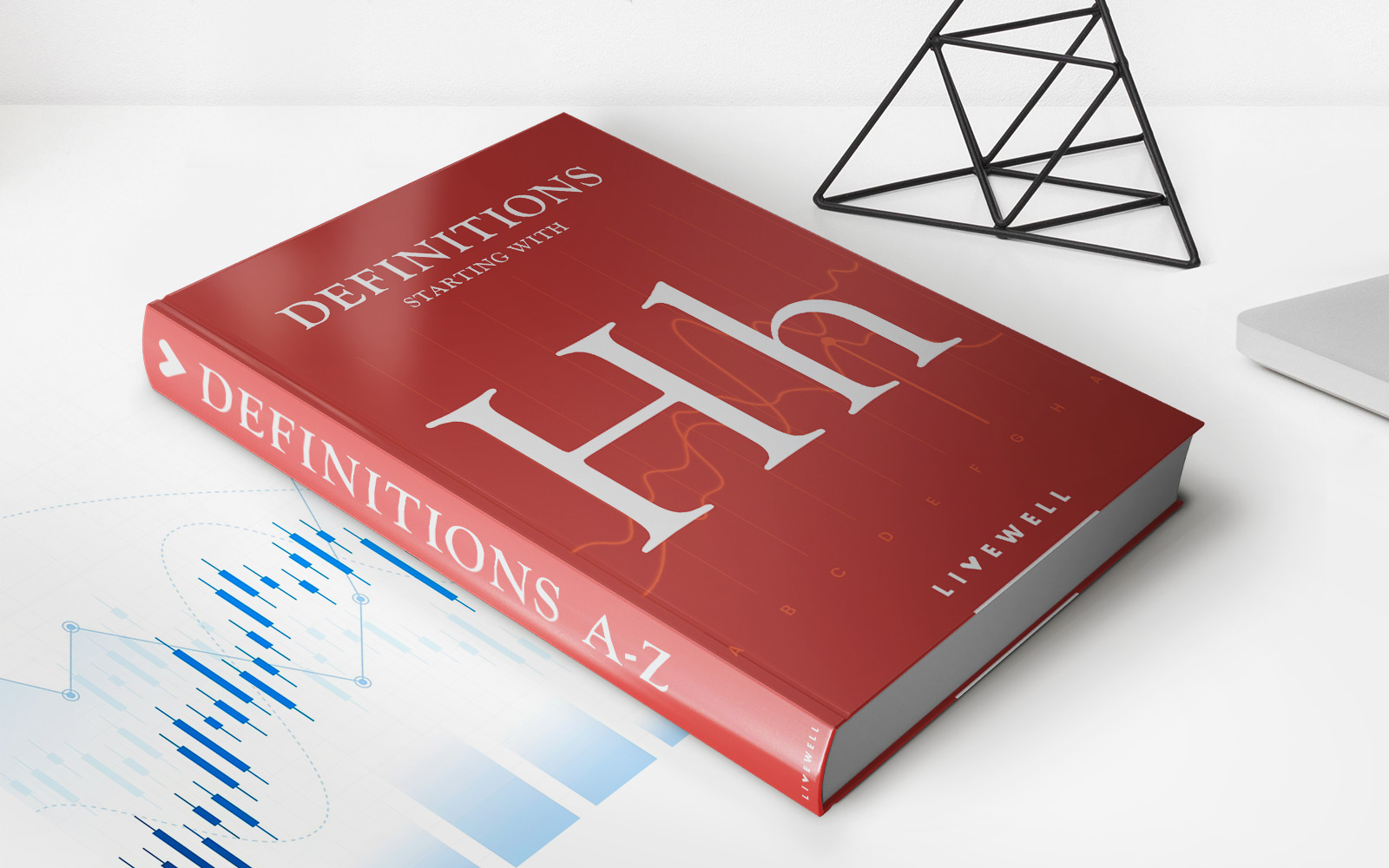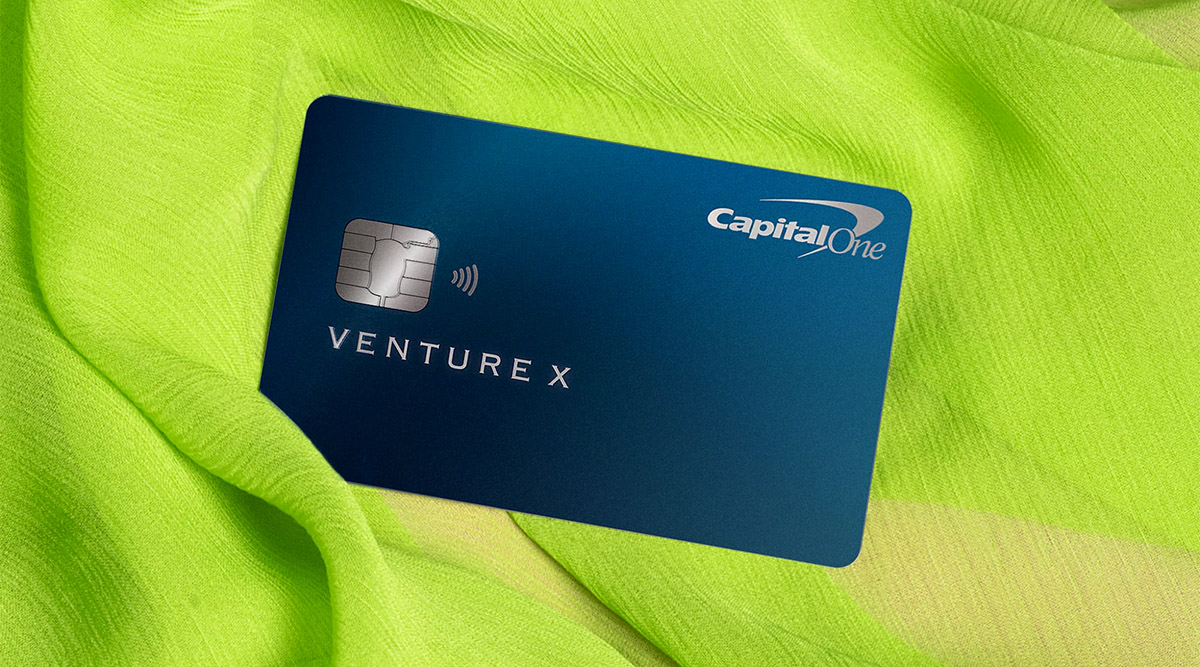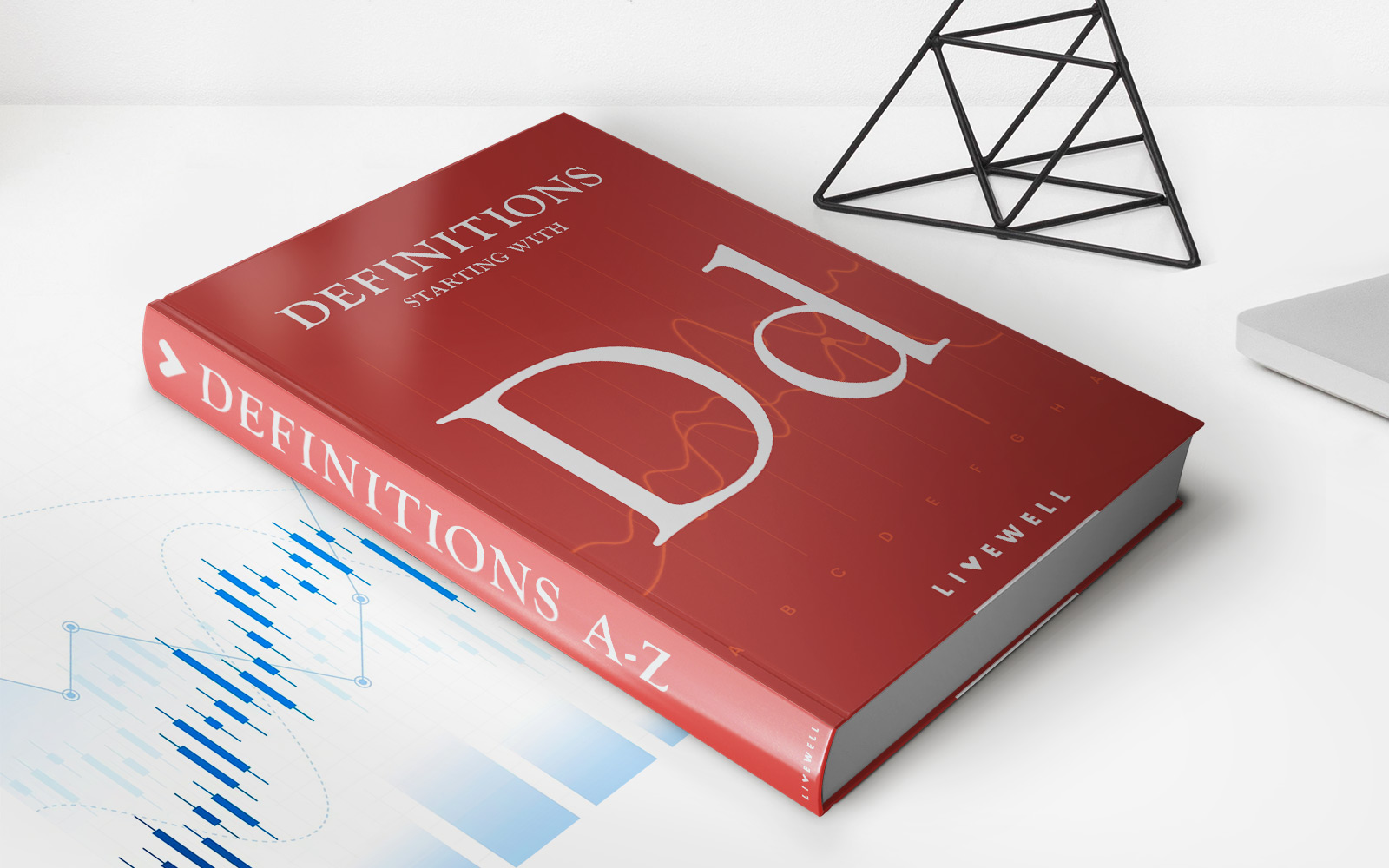

Finance
Debit Card Definition, Fees, And How They Work
Published: November 8, 2023
Learn all about debit cards in finance, including their definition, fees, and how they work. Discover the ins and outs of this popular financial tool.
(Many of the links in this article redirect to a specific reviewed product. Your purchase of these products through affiliate links helps to generate commission for LiveWell, at no extra cost. Learn more)
Debit Card Definition, Fees, and How They Work – Everything You Need to Know
Welcome to our FINANCE category blog post, where we dive into the world of debit cards. In this article, we’ll explore the definition of debit cards, discuss the fees associated with them, and explain how they work. If you’ve ever wondered about the ins and outs of debit cards, you’re in the right place!
Key Takeaways:
- Debit cards are linked directly to your bank account and allow you to make purchases or withdraw cash.
- Common fees associated with debit cards include monthly maintenance fees, transaction fees, and overdraft fees.
What is a Debit Card?
A debit card is a payment card that is linked directly to your bank account. When you use a debit card to make a purchase or withdraw cash, the funds are immediately deducted from your account. In essence, a debit card allows you to access the money you have in the bank in a convenient and secure manner.
Debit cards are widely accepted at various merchants, both online and in physical stores. They are a preferred payment method for many individuals as they eliminate the need to carry cash or write checks. With a debit card in hand, you can make purchases or access your funds easily.
Understanding Debit Card Fees
While debit cards are a convenient financial tool, it’s important to be aware of the fees associated with them. Here are some common fees you may encounter:
- Monthly Maintenance Fees: Some banks charge a monthly fee for maintaining a debit card. This fee can vary depending on the bank and account type, so it’s essential to check with your bank to understand their specific fee structure.
- Transaction Fees: Certain transactions, such as using an out-of-network ATM or making international purchases, may come with additional fees. These fees are usually charged by the bank or payment network and can vary in amount.
- Overdraft Fees: If you spend more money than you have available in your bank account, you may incur overdraft fees. These fees can be hefty, so it’s important to keep track of your account balance to avoid them.
It’s crucial to review and understand the fee structure associated with your debit card to make informed financial decisions and minimize any unexpected costs.
How Do Debit Cards Work?
When you receive a debit card from your bank, you will typically be required to activate it. Once activated, you can start using your debit card to make purchases or withdraw cash.
Here’s a step-by-step breakdown of how debit cards work:
- Swipe, Insert, or Tap: When making a purchase, you can either swipe your card, insert it into a chip-reader, or use the contactless payment method by tapping the card on the terminal. The payment terminal will communicate with your bank for approval.
- PIN or Signature: Depending on the transaction and the bank’s policy, you may be required to enter your Personal Identification Number (PIN) or provide a signature to verify your identity.
- Funds Deducted: Once the transaction is authorized, the funds will be immediately deducted from your bank account.
- Receipt: You will typically receive a receipt indicating the details of the transaction. It’s essential to keep these receipts to reconcile your bank statements.
Debit cards provide a convenient way to access your funds and make purchases without carrying cash. However, it’s important to safeguard your card and be vigilant about monitoring your account for any unauthorized transactions.
Conclusion
Debit cards are a fundamental part of modern banking and financial transactions. They provide a convenient, secure, and quick way to access your funds and make purchases. Remember to be aware of the fees associated with debit cards, and always review your bank’s policies to ensure you’re making the most of this financial tool.
For more information about debit cards, fees, and personal finance, explore our other articles in the FINANCE category!
